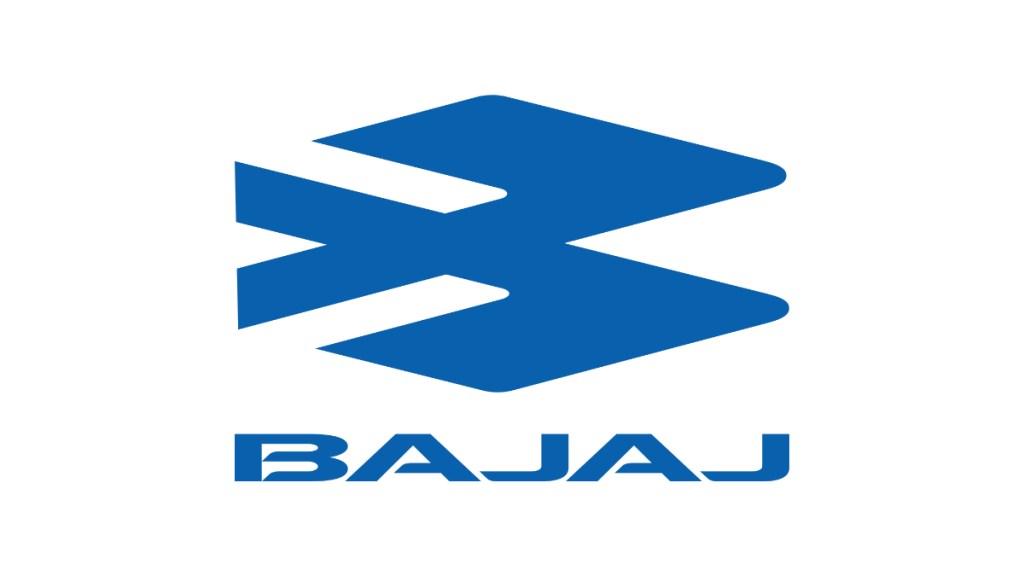Bajaj Auto has entered the e-rickshaw segment with the launch of the Riki 3W on Wednesday. The Riki is priced between Rs 1,90,890 and Rs 2,00,876 (ex-showroom). Initially piloted in cities such as Patna, Moradabad, Guwahati, and Raipur, it will now be expanded to 100 towns across Uttar Pradesh, Bihar, Madhya Pradesh, Chhattisgarh, and Assam in Phase 1.
The e-rickshaw market remains highly fragmented, with nearly 500 brands and no dominant player. The current three-wheeler ecosystem comprises 40,000 internal combustion engine (ICE) autos, 20,000 electric autos, and 40,000 e-rickshaws.
E-rickshaws are integral to last-mile mobility, supporting metro networks, suburban rail, and urban bus systems. This segment has grown rapidly and now accounts for nearly half of the market. The Riki aims to address the rising need for affordable and dependable last-mile transport. Despite the surge in demand, the segment has remained largely unorganised, leading to challenges in reliability, durability, and safety. According to Bajaj Auto, the e-rickshaw category has expanded significantly post-Covid, adding over 45,000 vehicles each month due to the demand for budget-friendly mobility.
Strategic Entry
Rakesh Sharma, executive director, Bajaj Auto, noted that ICE three-wheeler sales have declined this year, showing only single-digit growth in October. While a reduction in GST rates had previously boosted ICE auto growth by five percentage points, Sharma expects continued expansion in the overall three-wheeler category. He added that Bajaj Auto is positioned to outperform the industry, supported by its diverse portfolio across ICE vehicles, e-autos, and e-rickshaws.
During the company’s recent investor call, Sharma said they were developing additional solutions to meet the widening need for last-mile mobility. “It is a very lucrative and large segment, which people often overlook,” he stated.
In the e-rickshaw category, currently comprising around 40,000–45,000 units, the government is pushing to formalise the sector and enforce registration. Bajaj Auto is looking to capture a significant share of this organised space, Sharma noted.
Addressing gaps in range, durability, and safety
Despite the segment’s size, many existing e-rickshaws face issues such as low real-world range, limited durability, harsh braking due to non-hydraulic systems, shorter lifespan from corrosion and lead-acid battery use, and instability that increases the risk of toppling.
The Bajaj Auto Riki addresses these challenges by offering a 149 km range, a monocoque chassis, hydraulic brakes, independent suspension, and fast-charging capability. The P40 series Riki P4005, equipped with a 5.4 kWh battery, is priced at Rs 1,90,890 (ex-showroom). The cargo variant, Riki C4005, delivers a 164 km range, a larger tray, and 28% gradability, priced at Rs 2,00,876 (ex-showroom). Samardeep Subandh, president of the Intra-City Business Unit at Bajaj Auto, said the Riki is engineered to increase driver earnings, enhance passenger safety and comfort, and deliver reliability across India’s last-mile ecosystem.
Following the announcement of the Riki launch, Bajaj Auto’s stock rose by 1.18% on Tuesday, reaching Rs 9,152.40 on the BSE.
